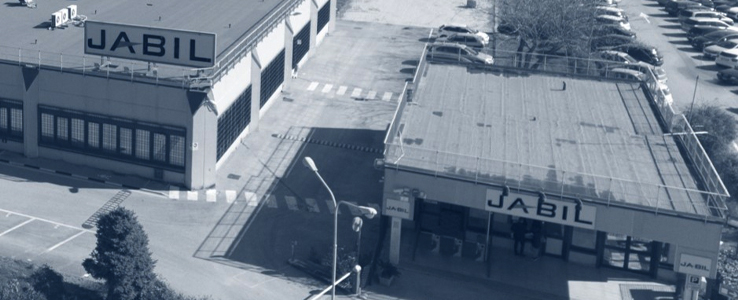Industrial Shift: Jabil Pulls Plug on Italian Manufacturing Hub

Jabil, a prominent US-based electronics manufacturing services (EMS) provider, is preparing to close its manufacturing facility in Marcianise, Italy, by the end of March. The unexpected shutdown will have significant consequences for the local workforce, with 413 employees facing potential job displacement.
The company has initiated formal redundancy procedures, which are expected to be completed within a 75-day timeframe. This decision underscores the ongoing challenges in the global electronics manufacturing sector and the potential economic impact on regional employment.
Workers and local authorities are likely to be closely monitoring the situation as Jabil moves forward with its restructuring plans, seeking potential alternatives or support mechanisms for the affected employees.

